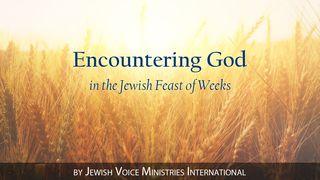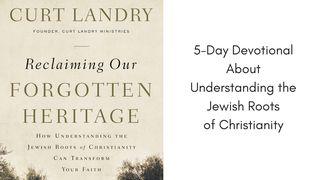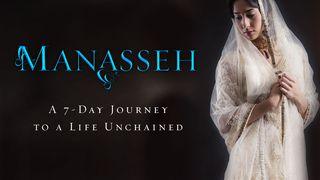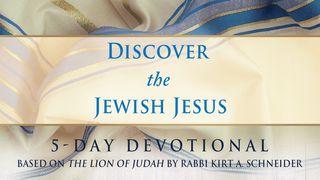Cities Of Refuge: Running Toward GraceSample
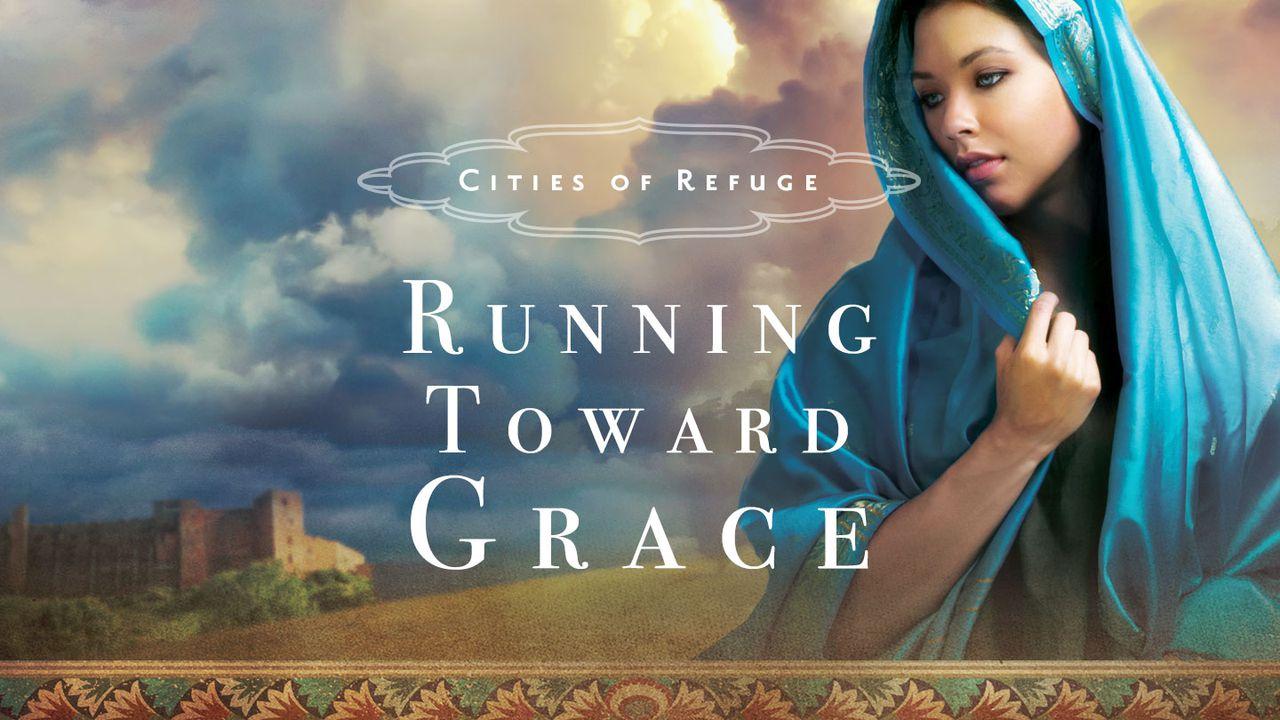
If you are like me then you may have heard about the Cities of Refuge in a Sunday school class a thousand years ago and not thought too much of this strange law given to Moses in the wilderness. What possible meaning could some obscure Old Testament statute have for our modern lives?
As we read today in Numbers 35, there were a total of forty-eight cities that were designated to be held and governed by the Levites. Since the Levites were set aside for holy work and not given a portion of the Promised Land like the rest of the tribes, they were allotted cities strewn throughout the new nation of Israel, where their adherence to, and teaching of, the Torah could influence the rest of the Israelites. Unfortunately, many of the cities were never inhabited, and upright Levitical influence quickly deteriorated once the Hebrews settled into the Land, either due to rebellion and idolatry by the people or by an all-too-swift erosion of Levitical obedience.
However, six of the cities that were assigned to the Levites were designated as Cities of Refuge. These places were considered “home base” for a man or woman who had accidentally killed another person, providing a haven of safety for a killer that was unheard of before the Law of Moses.
So why were these places necessary? Our Western minds may have a difficult time wrapping around the concept of “tribal law,” but to most people in ancient times (and even to many in modern times!) all justice was tribal or clan-centered in nature, and within these traditions was the acceptance of revenge killing, or blood vengeance. Therefore, if someone killed another person, no matter the motive, it was fully acceptable—and indeed expected—that the victim would be avenged by the closest kinsman, and thereafter balance was restored and any feuding between clans ended. Remember the Hatfields and McCoys? That was tribal justice in action in fairly modern times. There are actually many cultures all over the world that still practice blood vengeance on a regular basis.
So did Yahweh abolish blood vengeance? Did he make it illegal for the next of kin to kill a perpetrator? Surprisingly, in contrast to our Western mindset and the law-code of our republic, no. He did not.
In fact, Yahweh affirmed the right of a Blood Avenger (or Kinsman Redeemer—in Hebrew go’el haadam) to kill the perpetrator. In Numbers 35:33-34, Yahweh says that shed blood, in any form or for any motive, defiles the land upon which he dwelt among them, and therefore anyone who stole the life of another must be put to death. Life is precious to Yahweh, and his perfect righteousness demands justice.
However, the key difference within the Torah was allowance for motive. Yes, a murderer would be put to death and the next of kin was expected to cast the first stone. But we see in Numbers 35 that if someone mistakenly killed another without malicious intent, they were given mercy.
The Old Testament law of the Cities of Refuge has grace and mercy written all over it. An accidental killer, or a manslayer as the Torah calls them, was allowed to run to one of these cities and be harbored there until a fair trial was conducted by the Elders in front of the Assembly (the people). Then, if their motives were judged to be without murderous intent, they were allowed to live within that City of Refuge for the rest of their life. They were guilty of shedding blood, but instead of being killed, they were given mercy and offered the unearned grace of sanctuary from vengeance.
We are often under the very mistaken impression that the “God of the Old Testament” was some harsh and vengeful deity. But from the very beginning Yahweh showed mercy to Adam and Eve, who deserved death; he showed mercy to Cain, who actually was a murderer; and even Moses, who killed an Egyptian in defense of a Hebrew, was given extravagant grace. The six cities where manslayers could take refuge from lawful vengeance was unquestionable grace offered by a merciful God.
The Word of God says that we are all sinners (Eccles. 7:20; Rom. 3:10-12), and in breaking one point in the law we have broken all of it (James 2:10). As much as we want to lift ourselves above “those people” who commit murder, our fickle hearts are still full of hatred and malice (Matt. 5:21-22).
But thankfully, God sent his son, Yeshua, to take our well-deserved punishment upon himself (John 3:16-18). Without a perfect Savior, we would still be under the eternal condemnation that the law prescribes. We are guilty and by law deserve death, but we have been offered redemption by the shed blood of the Lamb. We have been provided a spiritual City of Refuge, a safe place to hide from the Enemy of our souls.
Questions to Consider:
Are the Cities of Refuge a new concept for you? How does the historical context of this law help you to understand Yahweh better? What elements of this law and its provisions surprise you? What applications do you see in this ancient provision for your own life?
Have you accepted the gift of forgiveness offered by Yahweh? If you have, then spend some time today in grateful meditation for the extravagant mercy and unmerited grace you’ve been given. If not, what is holding you back from running to the refuge you’ve been offered so freely? Don’t wait another minute—run toward grace!
Scripture
About this Plan

Connilyn Cossette, Christy Award finalist and CBA bestselling author, delves into the often-overlooked Cities of Refuge mentioned in both Numbers 35 and Joshua 20. This seven-day study will examine the history and purpose of these Levitical cities in order to discover how these cities are a portrayal of not only the perfect balance between Yahweh’s justice and mercy, but of our Messiah himself.
More
We would like to thank Connilyn Cossette and Bethany House, Publishers for providing this plan. For more information, please visit:
http://www.connilyncossette.com/
